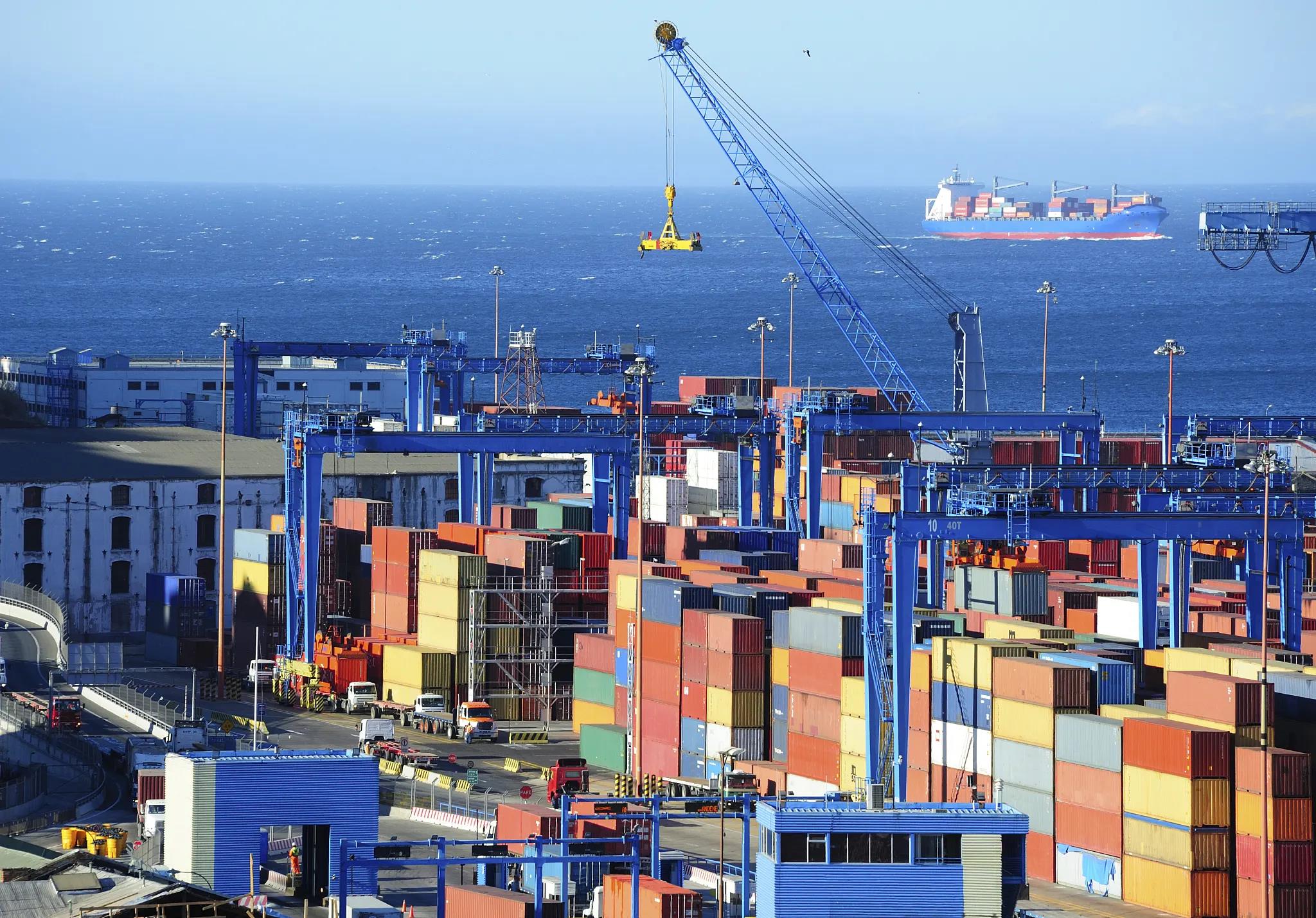As high inflation intensifies labor disputes, port workers in many parts of Europe have recently held large-scale and prolonged strikes in a bid to improve pay packages and working conditions. Industry insiders said that the strike will intensify the already existing congestion in the port under the new crown epidemic, affecting the normal operation of the European and even global supply chain.
High inflation triggers port strikes
Since this year, the price level in Europe has been rising. July inflation in the eurozone reached 8.9% on an annualized basis, exceeding market expectations and hitting a new record high.
Sarah Shiffrin, a supply chain management expert at Liverpool John Moores University, told Xinhua that the new crown epidemic and the ensuing global supply chain disruptions have pushed up prices. At the same time, the epidemic has caused labor shortages in parts of Europe, and employers have been forced to pay higher salaries to attract job seekers, leading to higher costs for businesses and higher prices for goods and services. In addition, since this year, Western sanctions against Russia have led to an increase in global energy prices, and European countries are more dependent on Russian energy, which also partly raised the level of inflation.
Soaring prices have led to a relatively rapid decline in people's real incomes, which in turn has intensified labor conflicts. More than 1,900 workers at Britain's largest container port, Felixstowe, began an eight-day strike action on August 21. The organizing party, the United Workers' Union, said the port operator's proposed pay rise could not keep up with price increases.
In mid-August, more than 500 dock workers at the Port of Liverpool, another major British container port, also decided to go on strike to seek a pay rise and improved working conditions.
In mid-July, thousands of German port workers held a 48-hour strike, seriously disrupting the operation of a number of container hub ports, including the Port of Hamburg. The strike began because labor and management could not agree on how to help port workers cope with the high cost of living.
Strikes affect normal supply chain operations
Analysts point out that the frequency of strikes will further disrupt the supply chain. Chris Rogers, a supply chain expert at the international freight forwarding business, recently wrote that strikes at the port of Felixstowe have diverted cargo ships to other ports in the U.K. or even to ports in the Netherlands or France, which could significantly affect local industries that rely on international supply chains, and even bring a ripple effect to global logistics networks.
Data analysis firm Russell Group recently released a study showing that strike action at the Port of Felixstowe has the potential to affect $800 million worth of trade, particularly trade in apparel and electronic components.
Christian Lelofs, co-founder of Germany's Aishige, which provides a container trading platform, said that the logistics problems occurring across Europe this summer were exacerbated by strikes at several ports in northern Germany earlier this year as a result of high inflation in Europe and workers seeking wage increases, and by the massive accumulation of containers.
Strikes outside the ports are also expected to affect the supply chain. Recently, workers at Dutch Railways began a strike. In response, Dutch Railways has had to cut train frequencies and reduce train operating hours, and is not expected to resume normal operations until December of this year. If labor and management cannot reach a compromise in time, workers will hold a nationwide strike in September.
Negative effects continue to emerge
Experts believe that even if the strike ends, the affected trade activities will not be able to resume immediately. Even if the Port of Felixstowe operates at full capacity thereafter, it could take 24 days or more to process the backlog, and the time required to move diverted containers to their intended destinations could be as long as several weeks, Rogers said.
Russell Group general manager Suki Bursey said the global ports are facing congestion due to a large backlog of cargo caused by the new crown epidemic, and the strike could lead to more delays, an impact that will be seen in the coming weeks to months.
The timing of the strike is more critical, Shiffrin said, as many supply chains are preparing for the Christmas sales season. Extreme weather such as drought in Europe this summer has severely impacted the supply chain.
Lelofs said, once the port can not operate normally, will have a significant impact on the efficiency of the container transport network, and to the supply chain upstream and downstream chain reaction. Strikes in many European ports this year have already caused great damage to logistics and manufacturing.
Aishige co-founder Johannes Schlimmel said, since the outbreak of the epidemic, a number of major European ports have efficiency problems. Marine container logistics and the inland barge, train and truck networks it relies on are already under pressure, and strikes will make these problems even more difficult to solve.
